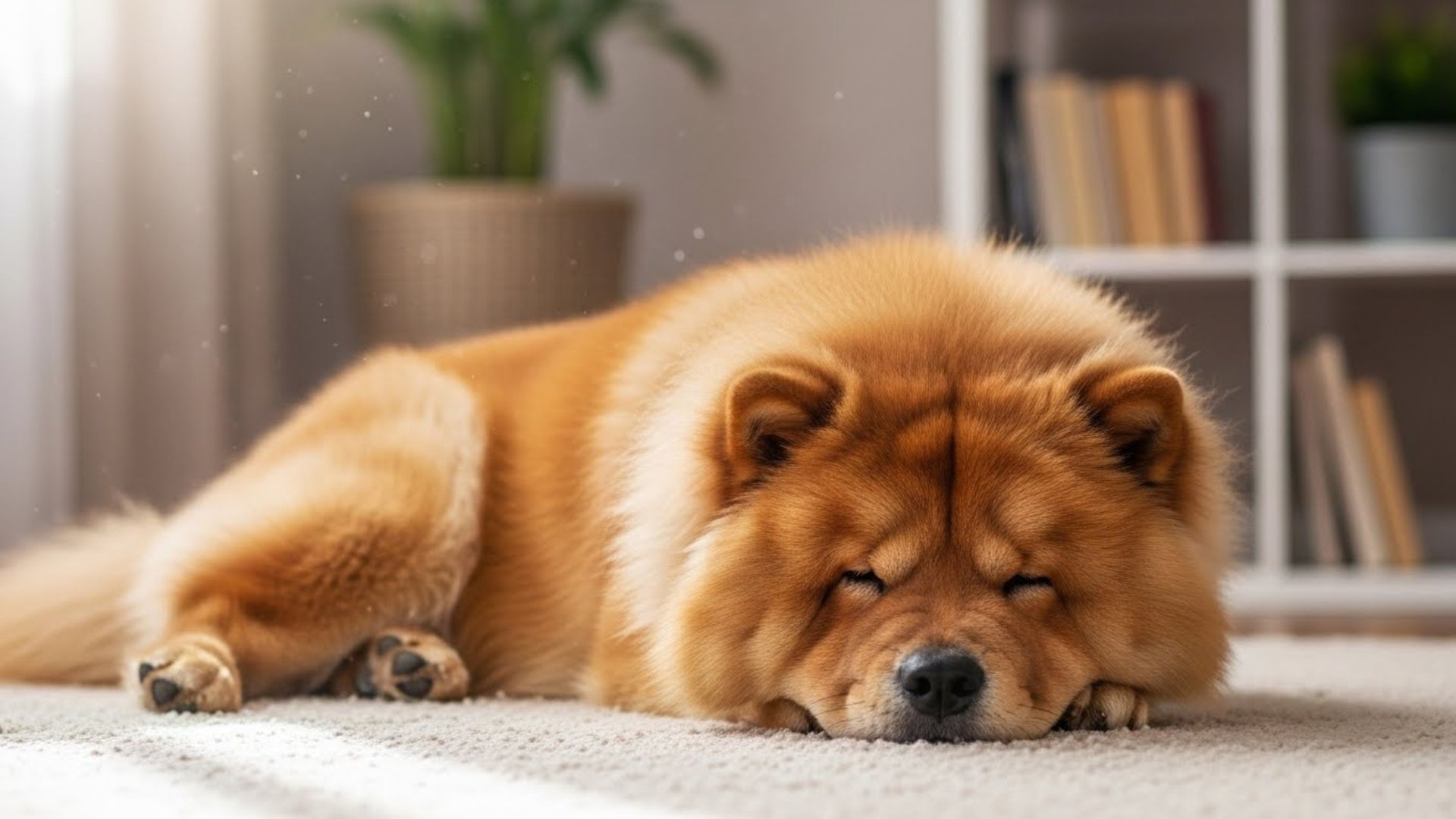Herding breeds have mastered the art of attention and affection. Originally bred to protect livestock with precision and care, these dogs are more than just working animals; they’re unwavering companions.
For generations, working dogs have played a vital role in moving, managing, and controlling livestock. The best herding breeds we know today are the result of carefully selecting and breeding dogs that demonstrated exceptional skill and instinct in this task. As a result, modern herding dogs are naturally equipped and highly suited to this specialized work.
Whether they’re rounding up sheep and cattel or folowing you from room to room, loyal herding dogs are tuned into their poeple with unmateched devotion. What makes them stand out isn’t just their inteligence or agility—it’s their incrediable loyalty.
Let’s introduce you to the most loyal herding dog breeds that not only protect and serve but also cuddle and care. Get ready to meet the dogs who work with their hearts as much as their herding instincts.
Loyal Herding Dog Breeds
1. Australian Shepherd
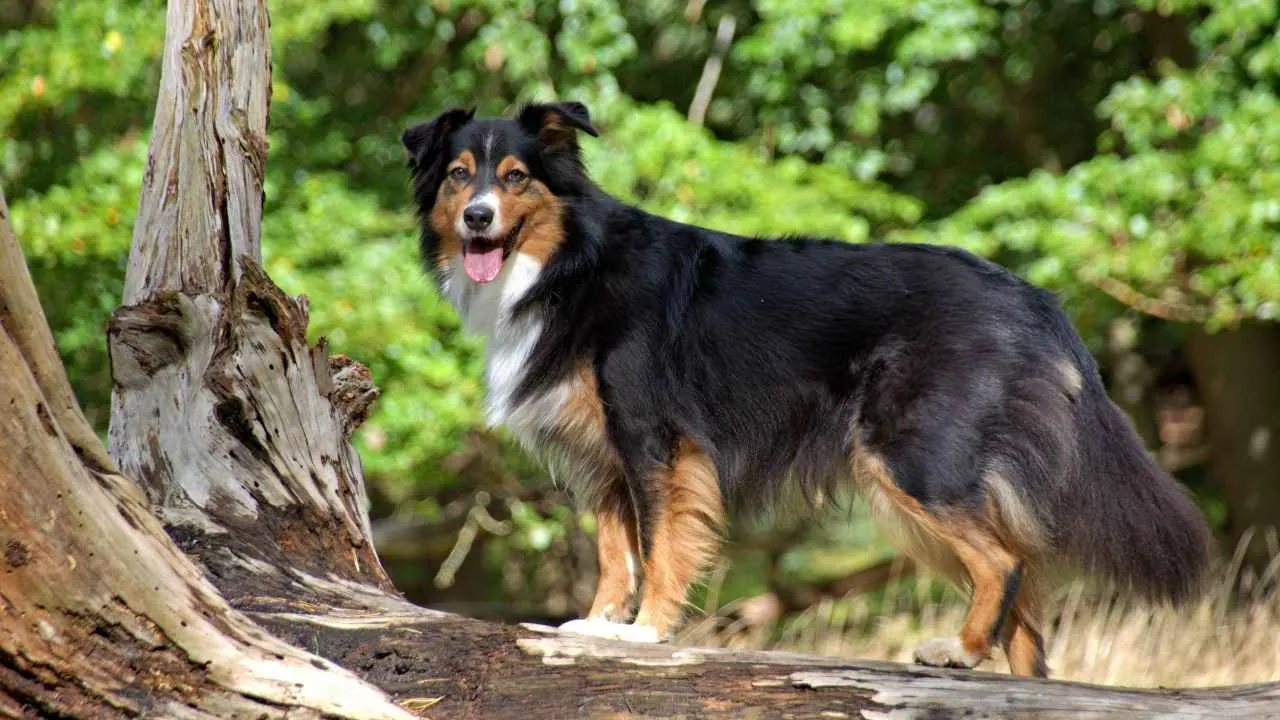
Nicknames: Aussie, The Energetic Overachiever
If Einstein had four legs and a tail he’d probably be an Australian Shepherd These midsize dogs are packed with smarts sass and stamina Originally bred for herding livestock in the American West Aussies live for two things working hard and winning your heart
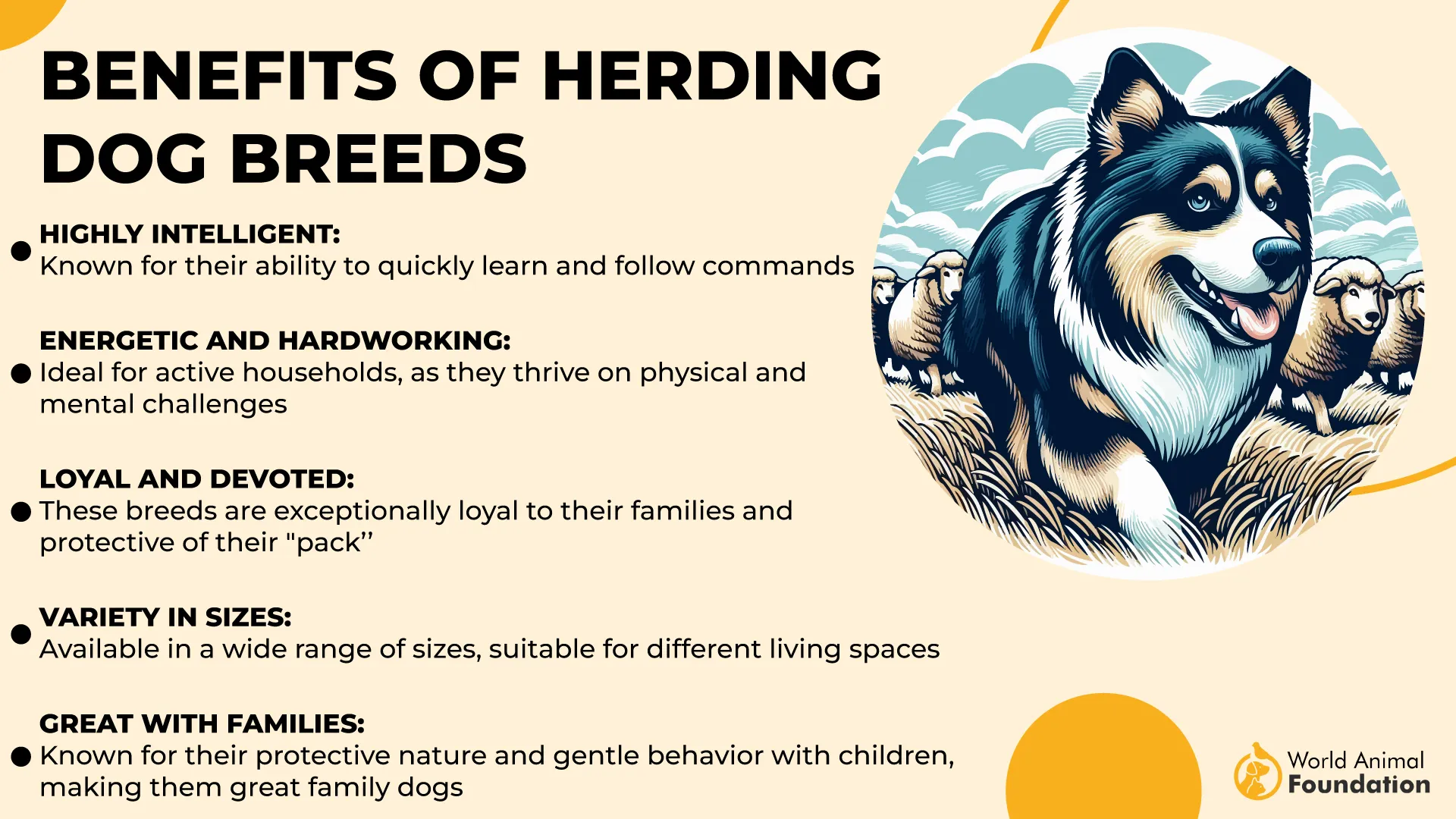
They’re fast learners—seriously, teach them a trick once, and they’ll be teaching you by next week. Need a sheep wrangled? Done. A cow rounded up? No problem. A toddler guided back to bed for the fifth time? Consider it handled.
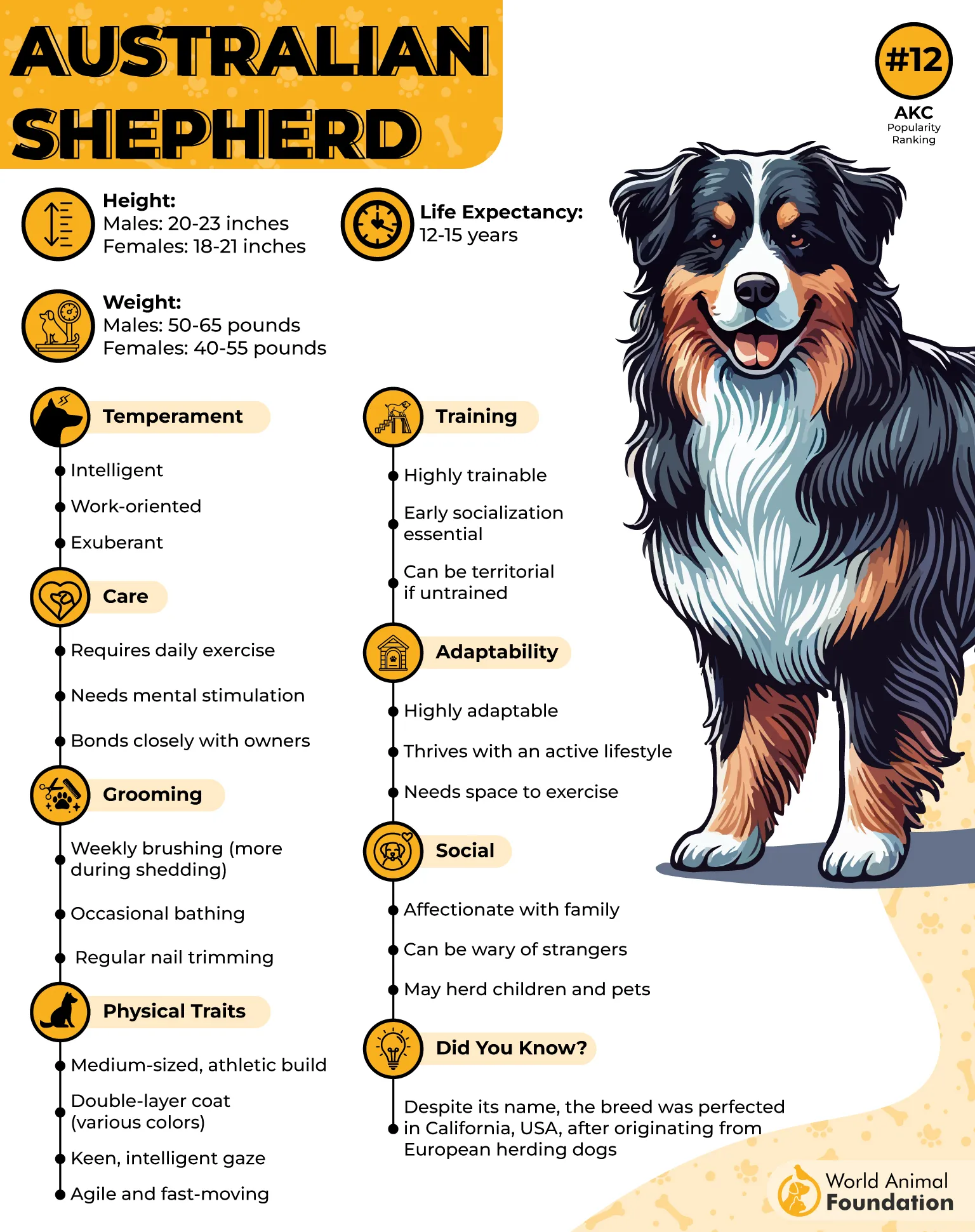
They’re also super loyal. Aussies won’t just follow you around—they’ll make it their job. Are you going to the kitchen? They’re there. Bathroom? Yep, they’re still there. Shower? Still there, probably judging your shampoo brand.
Because of their herding instincts, Aussies often have a strong prey drive and enjoy games like fetch and Frisbee. They may chase moving objects—like kids, bikes, or other animals—but with early socialization, they can get along well with children, cats, and other pets.
Many Aussies are friendly, though some may be cautious around strangers. However, with proper introductions, they typically warm up and become accepting, says PetMD.
Fun fact: If they don’t have a job, they’ll find one, like reorganizing your furniture or chasing invisible squirrels. Keep them busy, or prepare for creative chaos.
2. Belgian Malinois
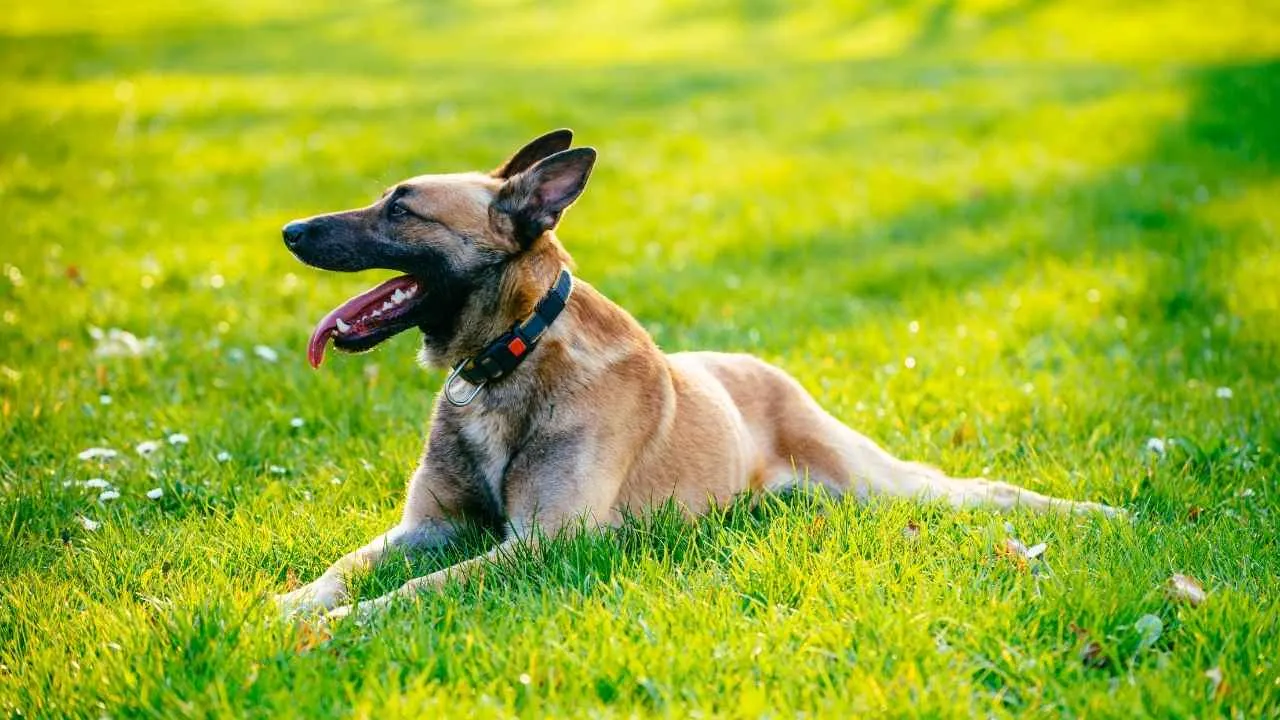
Nicknames: Maligator, The Serious Sidekick
Ah, the Belgian Malinois—the James Bond of the dog world. Sleek, focused, and loyal, these dogs take their duties seriously.
Bred for herding but now famous for being military and police K9 superstars, Malinois are always on. If Aussies are your caffeine-fueled coworker, Mals are the elite security guard with laser focus.
They’re incredibly agile, wicked smart, and so loyal they’d probably dive into a volcano for you (though they’d prefer to just herd you away from it). But don’t let their stoic look fool you—they’ve got a soft side too. Once they bond with you, you’re their person forever.
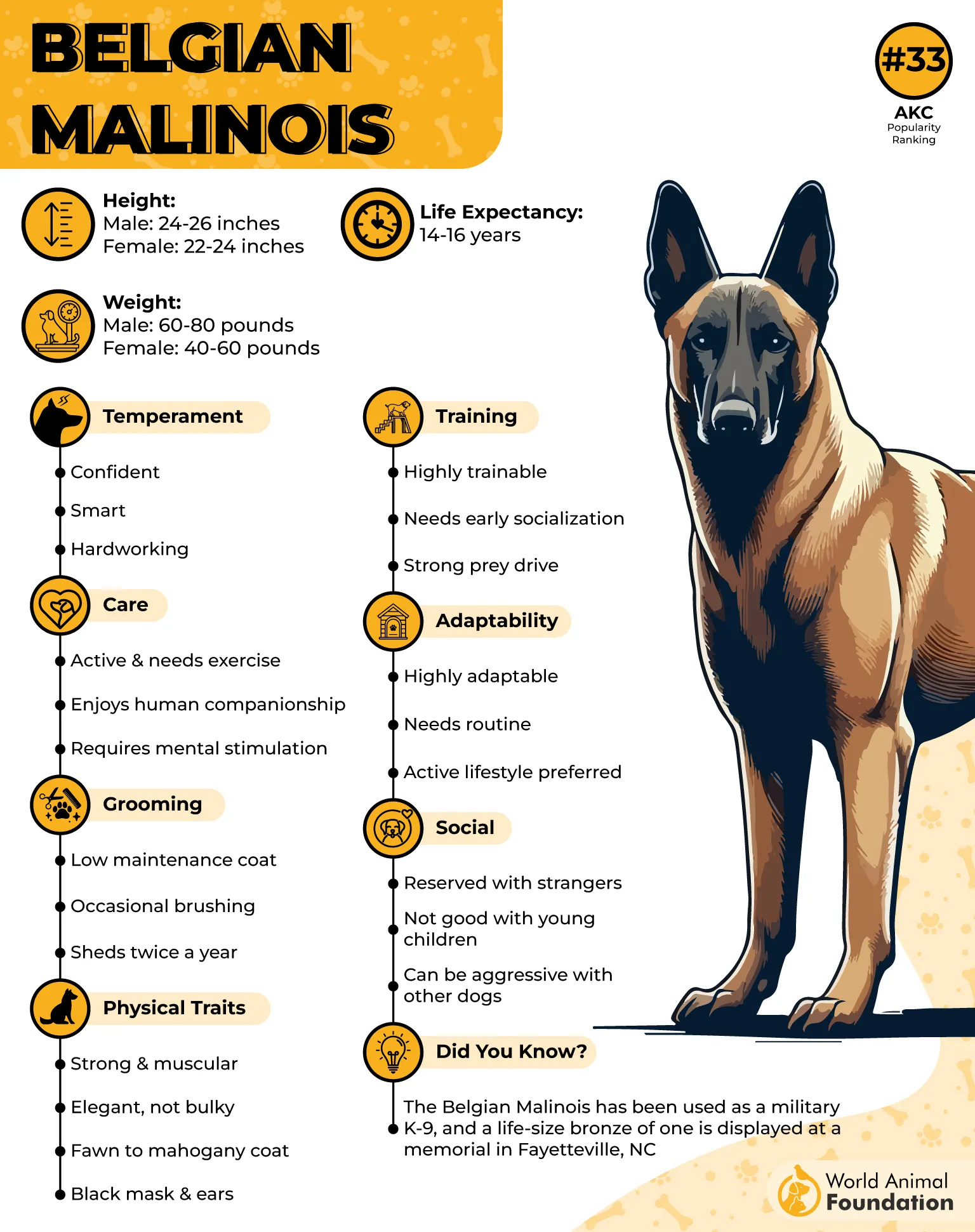
The Belgian is not ideal for apartment living like other dogs due to its need for plenty of space to run and play. These active dogs thrive in larger homes with ample room to burn off their energy. Just know this: Malinois need action. If they don’t get it, they’ll start creating it.
Grooming a Belgian is relatively easy. They have a short, straight, weather-resistant coat with a dense undercoat, requiring only basic grooming to keep it in good condition.
Pro tip: Not for the faint of heart or lazy of lifestyle. These dogs want a mission, even if that mission is catching every falling leaf in the yard.
3. German Shepherd
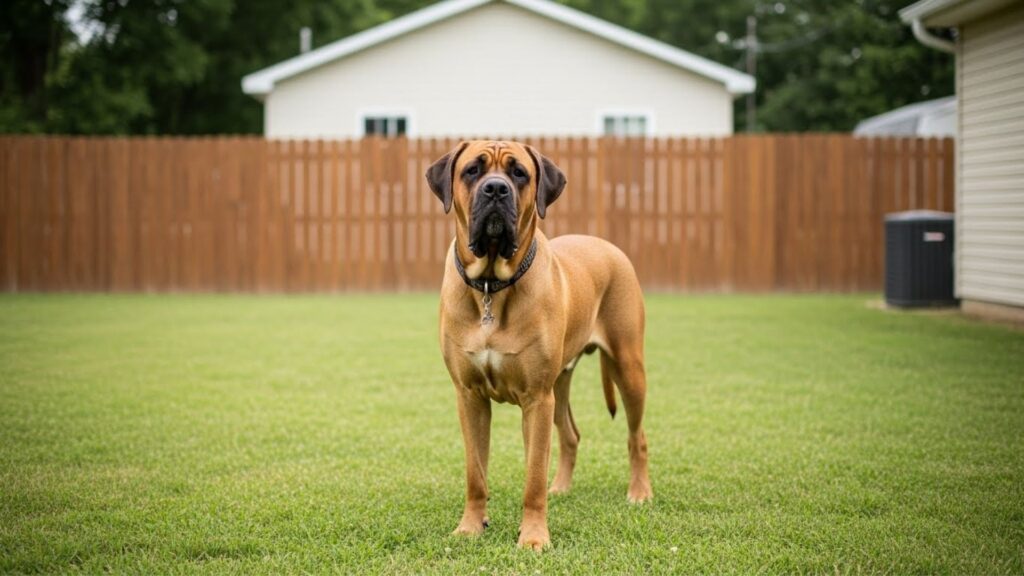
Nicknames: GSD, The Brainy Bodyguard
As members of the herding group, German Shepherds are energetic dogs that thrive when they have a job to do or a consistent way to burn off that energy. Think of that one friend who has the whole package—intelligence, strength, fierce loyalty, and a tough exterior that says, “mess with me at your own risk.” Yep, that’s the German Shepherd.
Originally bred for herding sheep (who probably listened to them without question), Germans have taken their talents to Hollywood, police forces, and search-and-rescue missions.
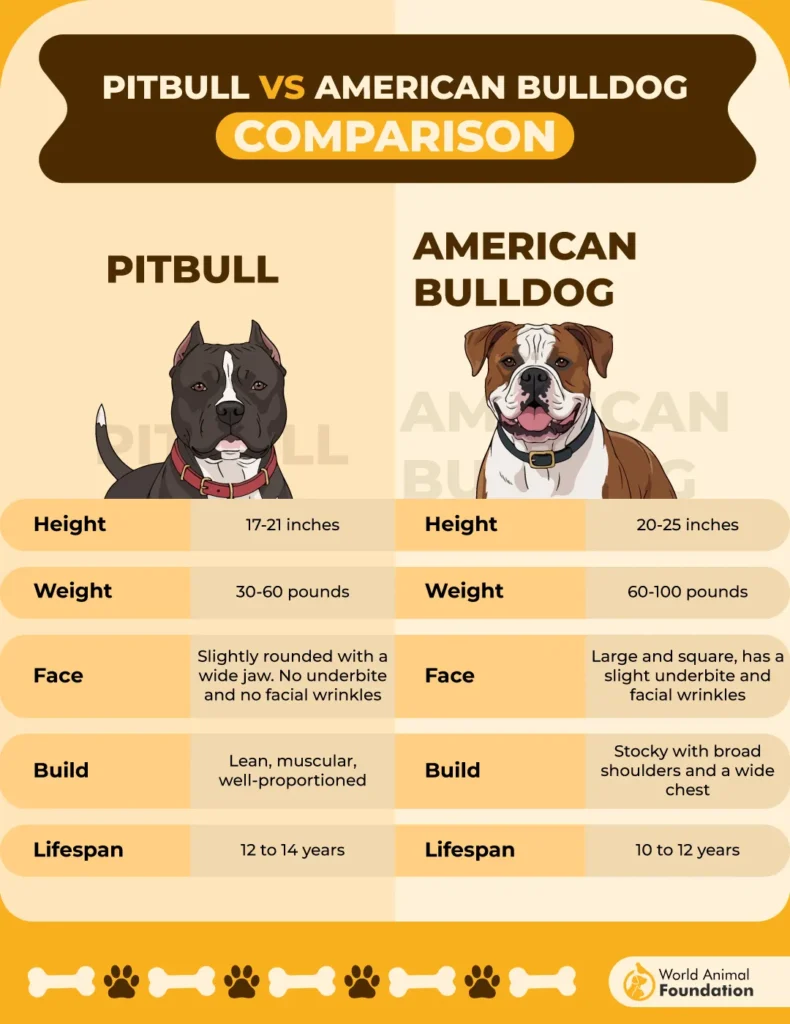
Why? Because these dogs are smart enough to solve puzzles, brave enough to face danger, and loyal enough to stick with you through anything—yes, even your 3 a.m. existential crises.
They’re naturally protective, but with their family, they’re big ol’ softies. Germans are not inherently aggressive, but their loyal nature and protective instincts can make them cautious or hesitant when meeting strangers, as described by Petplan.
One minute they’re guarding the house, the next they’re curled up next to you on the couch… or on top of you, all 80 pounds of fluff and muscle, thinking they’re still a puppy.

Warning: If you don’t give them a job, they’ll invent one. Like loud barking at mail carriers, reorganizing your shoes, or guarding the dishwasher like it’s holding state secrets.
4. Old English Sheepdog
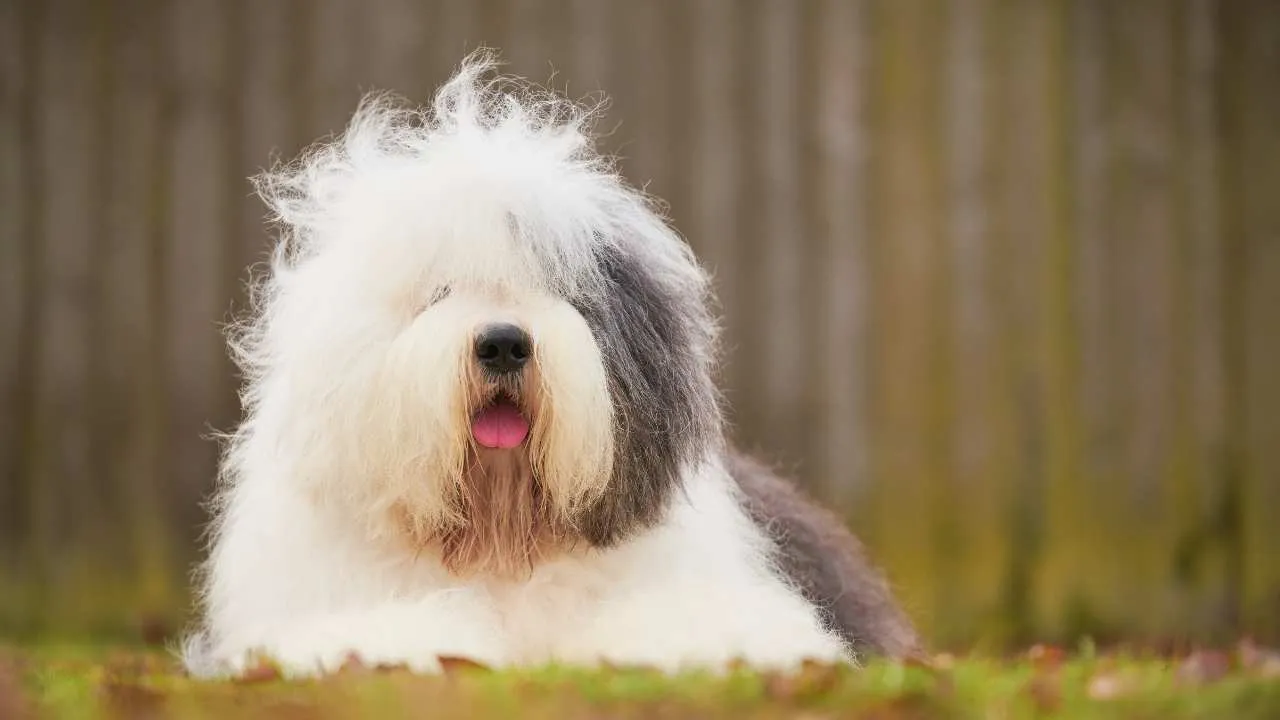
Nicknames: Shaggy Diplomat, Walking Mop of Joy
Picture a giant teddy bear with legs, a joyful bounce in its step, and a “just rolled out of bed” hairdo—and you’ve got yourself an Old English Sheepdog.
The Old English Sheepdog is best known for its gorgeous shaggy coat, which is one of the breed’s most eye-catching traits. These big, lovable floofs were born to herd cattle and sheep, but they’re just as happy herding your family from room to room.
With their cheerful disposition and endearing clumsiness, they’re the class clowns of the herding world—but don’t let the fluff fool you. Under all that, it is a hardworking, affectionate, and highly intelligent dog who takes their job (and your affection) very seriously.
Purina says they are fearless and make excellent watchdogs, thanks to their resonant bark, which helps alert their owners to any potential intruders.
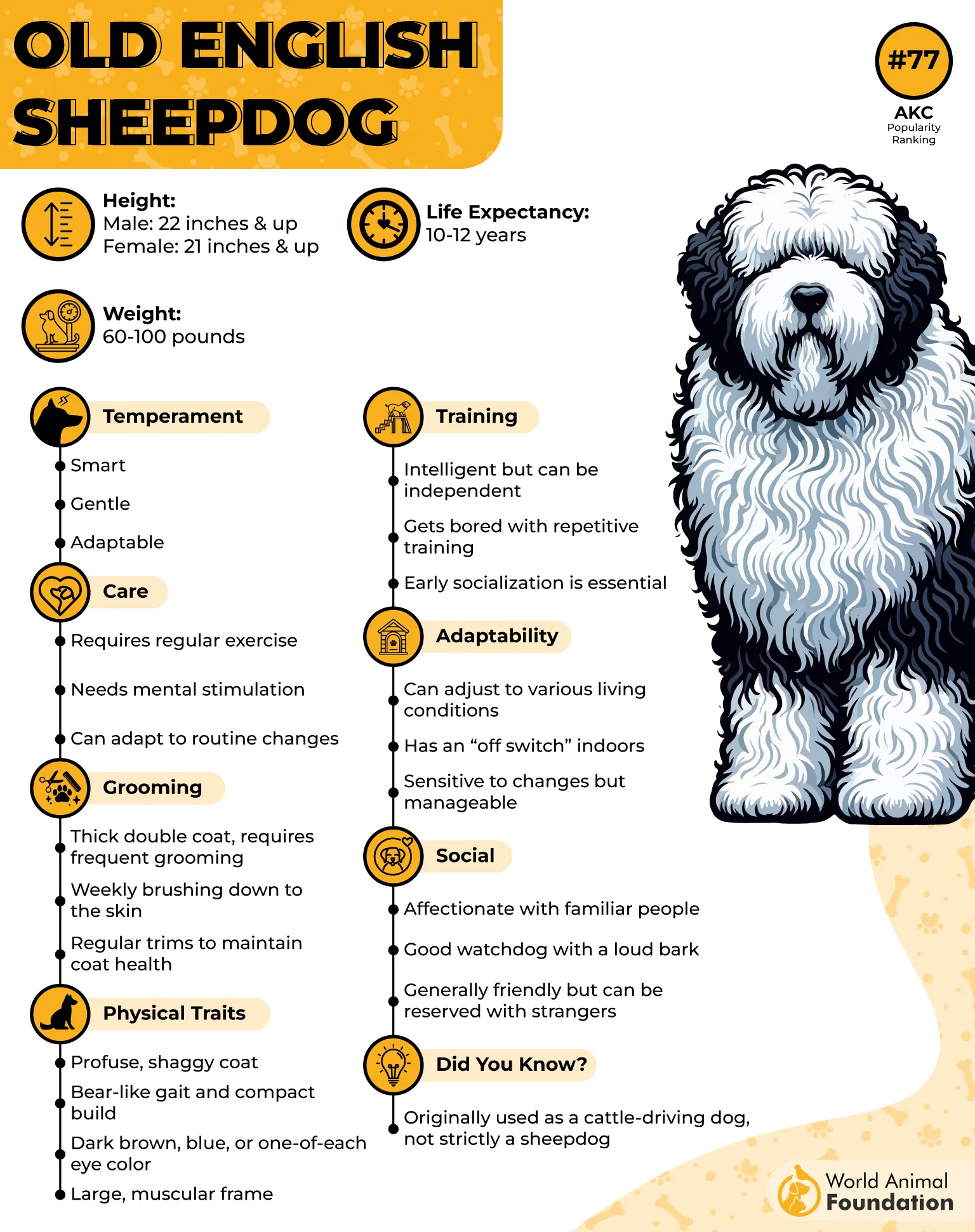
Due to their herding and protective background, Shelties can be cautious around other animals and may require some time to get comfortable with new people. Consistent positive reinforcement training, focusing on rewards rather than punishment, is the most effective method for these friendly and eager-to-please dogs.
Old English Sheepdogs are known for their “bear-like shuffle” and dramatic entrances, especially when wet. And yes, they’re walking dust bunnies, but the personality they bring into your home? 100% worth every tumbleweed of fur.
Bonus perk: They can double as a foot warmer, throw pillow, or therapist. Got a bad day? Just bury your face in that giant, fuzzy head. Instant joy.
5. Shetland Sheepdog
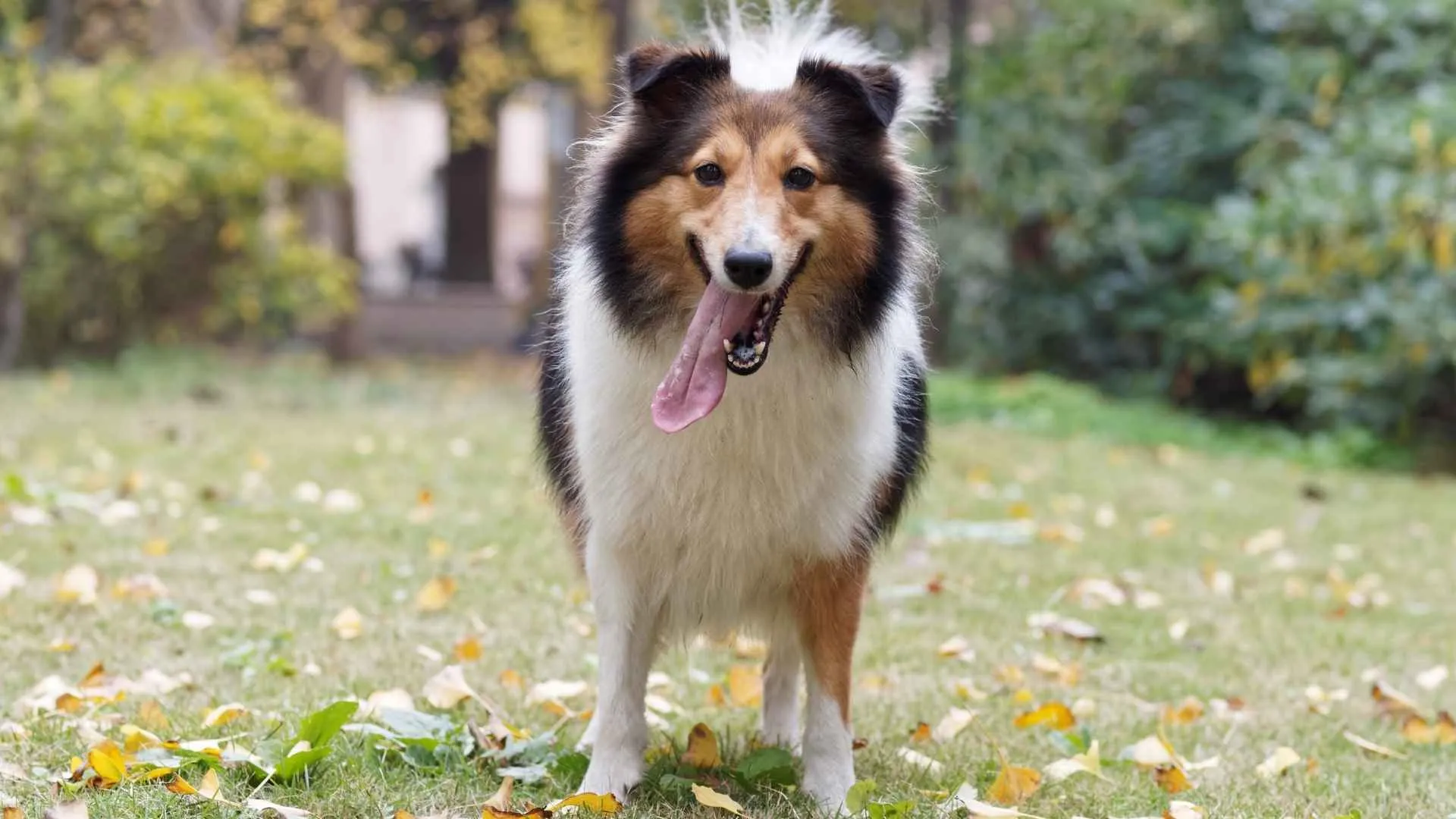
Nicknames: Sheltie, The Miniature Lassie
If a Border Collie and a Cocker Spaniel had a tiny, fluffy puppy, you’d get a Shetland Sheepdog. Shelties are like the pint-sized herders of the dog world, packing all the brains and heart of their larger counterparts but in a smaller, fluffier package.
Originally bred on the Shetland Islands to herd sheep, these little dynamos are surprisingly agile and quick-witted. They’re highly trainable, but don’t let their small size fool you—these guys can herd with the best of ‘em.
Shetlands are active, working dogs that thrive on mental and physical stimulation. Without enough to do, they can become restless. They may be cautious around strangers, often barking to alert their family or out of excitement.
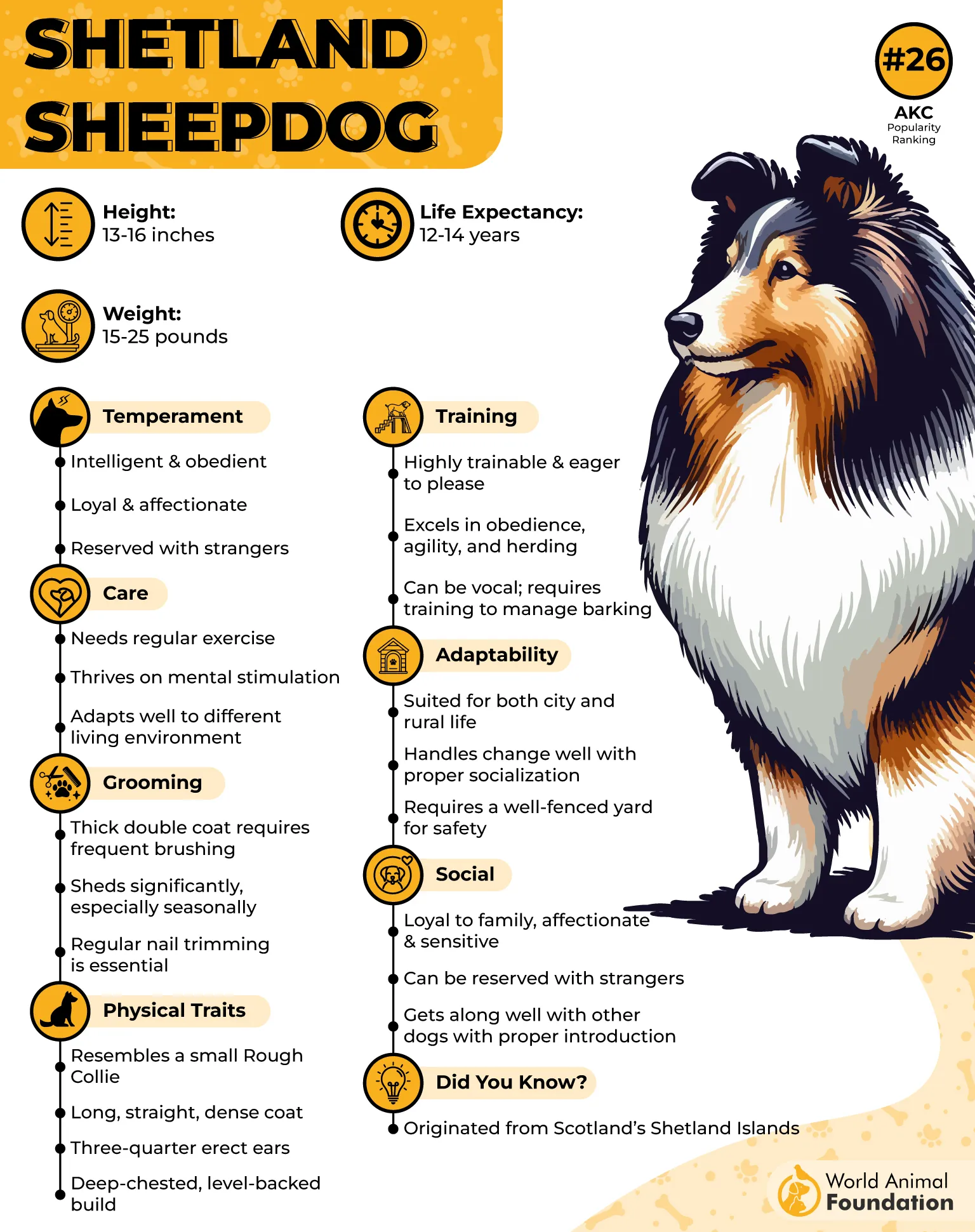
According to the American Kennel Club (AKC), Shelties are incredibly affectionate and sensitive companions who are deeply attuned to their family’s emotions and form strong bonds with their human companions.
Due to their herding instincts, they will chase moving objects, making it important to keep them on a leash or within a fenced yard to prevent them from chasing squirrels, rabbits, or even cars.
Sheltie owners need to regularly brush their dog’s thick double coat to prevent mats and manage heavy shedding. Frequent grooming is essential to keep their fur healthy and tangle-free.
Fun fact: Don’t be surprised if your Sheltie starts herding you and your guests like a pro. They’ll round up your friends, guide them to the living room, and might even demand a treat for their hard work.
6. Border Collie
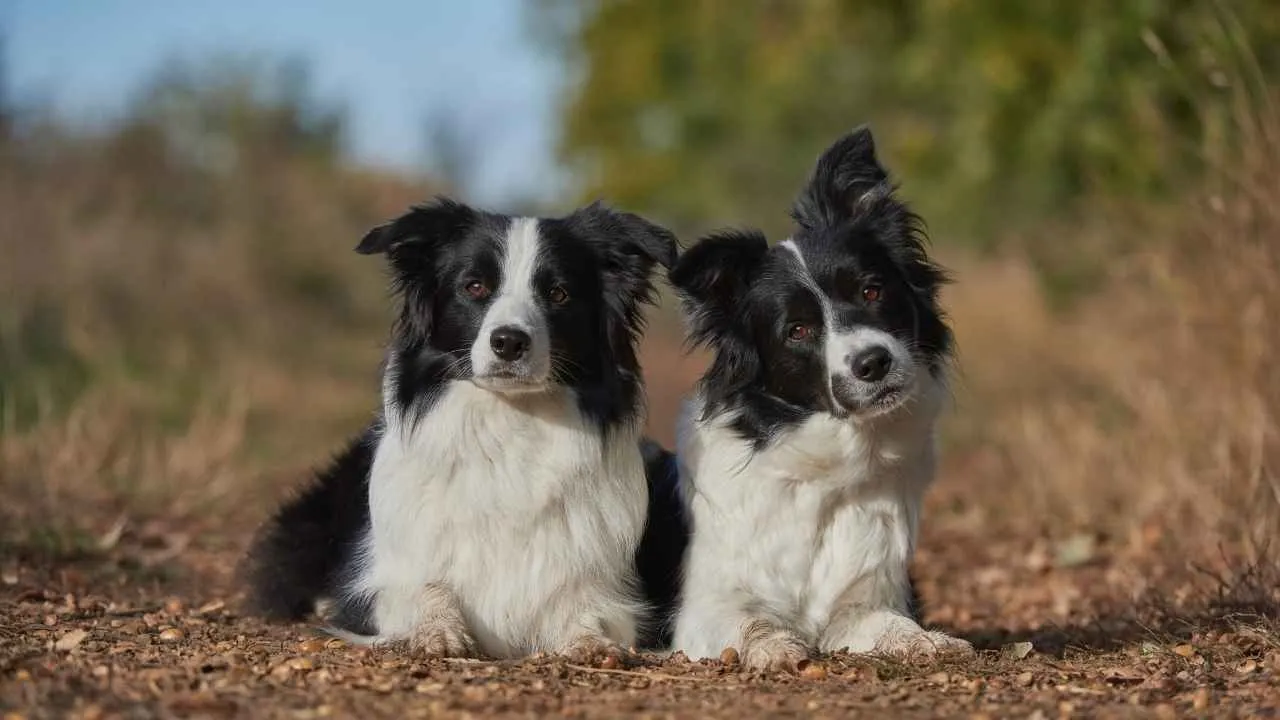
Nicknames: The Herding Wizard, The Agile Genius
Ah, the Border Collie—the undisputed champion of the herding world. If herding were an Olympic sport, they would have more gold than Michael Phelps.
Border Collies are herding dogs originally bred to manage livestock, particularly sheep. As per WebMD, these dogs are the absolute top tier of herding athletes, known for their boundless energy, razor-sharp intelligence, and laser-like focus. Whether it’s sheep, cattle, or a game of fetch, these family pets are the definition of “all in.”
These family dogs are often referred to as “the smartest dog breed,” and it’s not an exaggeration. They can learn new commands in seconds and solve puzzles faster than most humans.
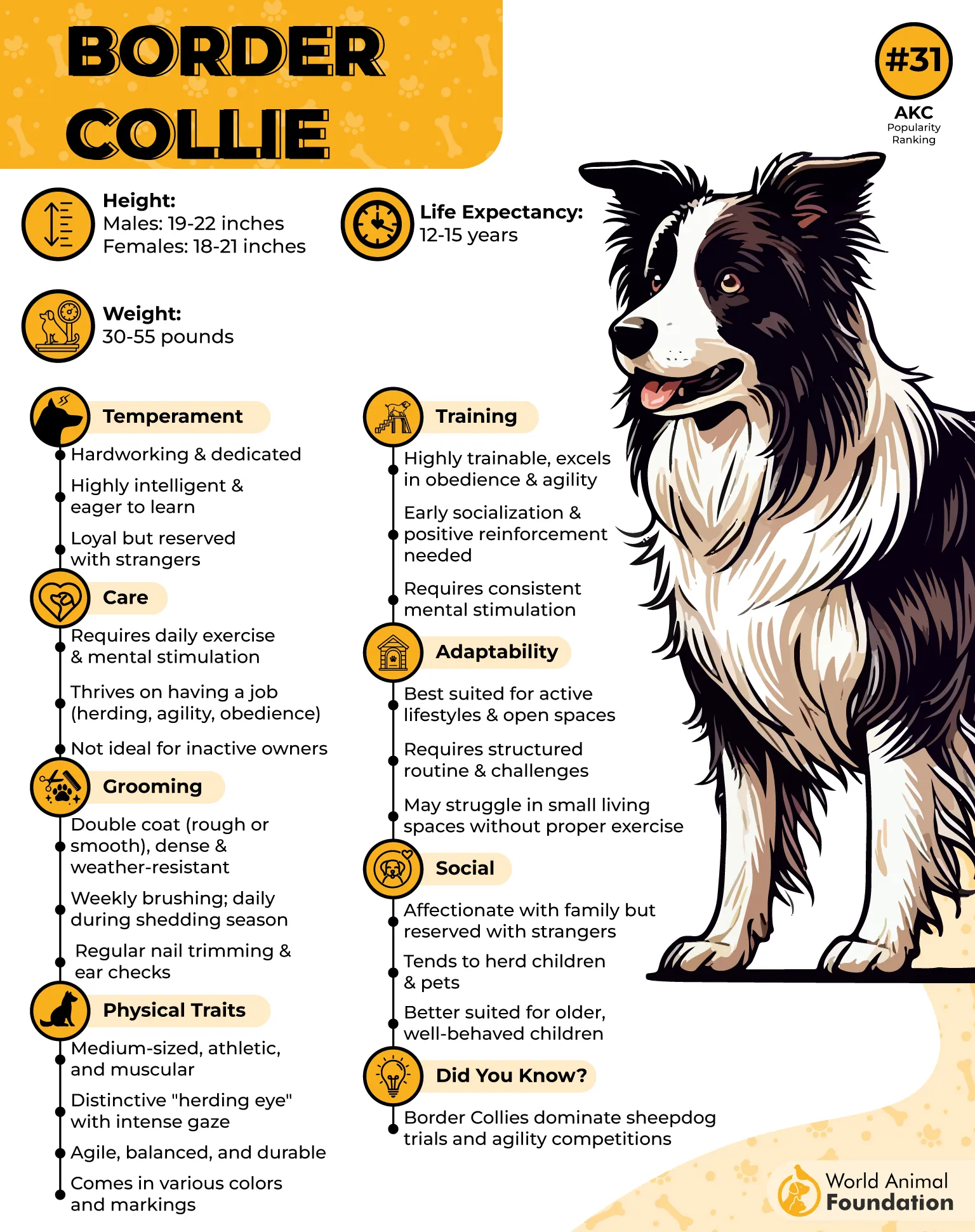
They can experience boredom or anxiety if left alone for extended periods. Establishing a structured routine with ample activities can help alleviate their anxiety and keep them mentally stimulated.
But here’s the catch: if you’re not providing them with enough mental stimulation or physical exercise, they’ll find ways to keep busy—like inventing their own game, which might involve rearranging your furniture, herding your shoes, or just running circles around the backyard at top speed.
Pro tip: A tired Border is a happy Border, so give them tasks and they’ll give you their undivided loyalty and love. Just don’t expect them to ever let you stop moving!
7. Spanish Water Dog
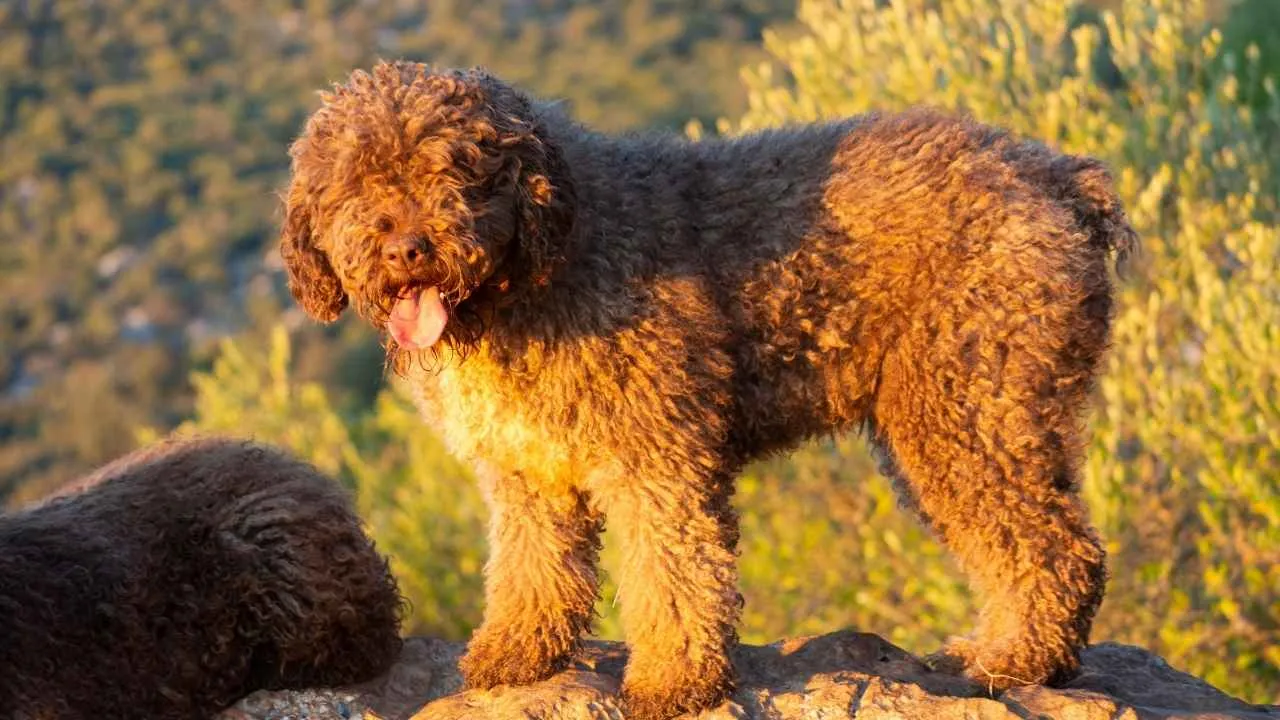
Nicknames: The Aquatic Shepherd, The Furry Sponge
The Spanish Water Dog might not be as famous as the Border Collie, but it’s certainly a breed with its unique flair—and a serious herding resume. Don’t let the curly, water-resistant coat fool you—this guard dog is a high-energy, versatile herding machine, capable of handling everything from cattle to sheep, and even working on water with fishermen.
Originally from the Mediterranean, the Spanish Water Dog has a natural love for swimming and is often used to herd livestock in areas where water is involved. Need a farm dog that can handle rough terrain, dive into a lake, and still herd with precision? Look no further than this spunky, curly-haired companion.
They’re known for being fiercely loyal dogs and adaptable, but they do require a fair amount of exercise and mental stimulation to keep them from getting bored (and you from getting soaked in the process).
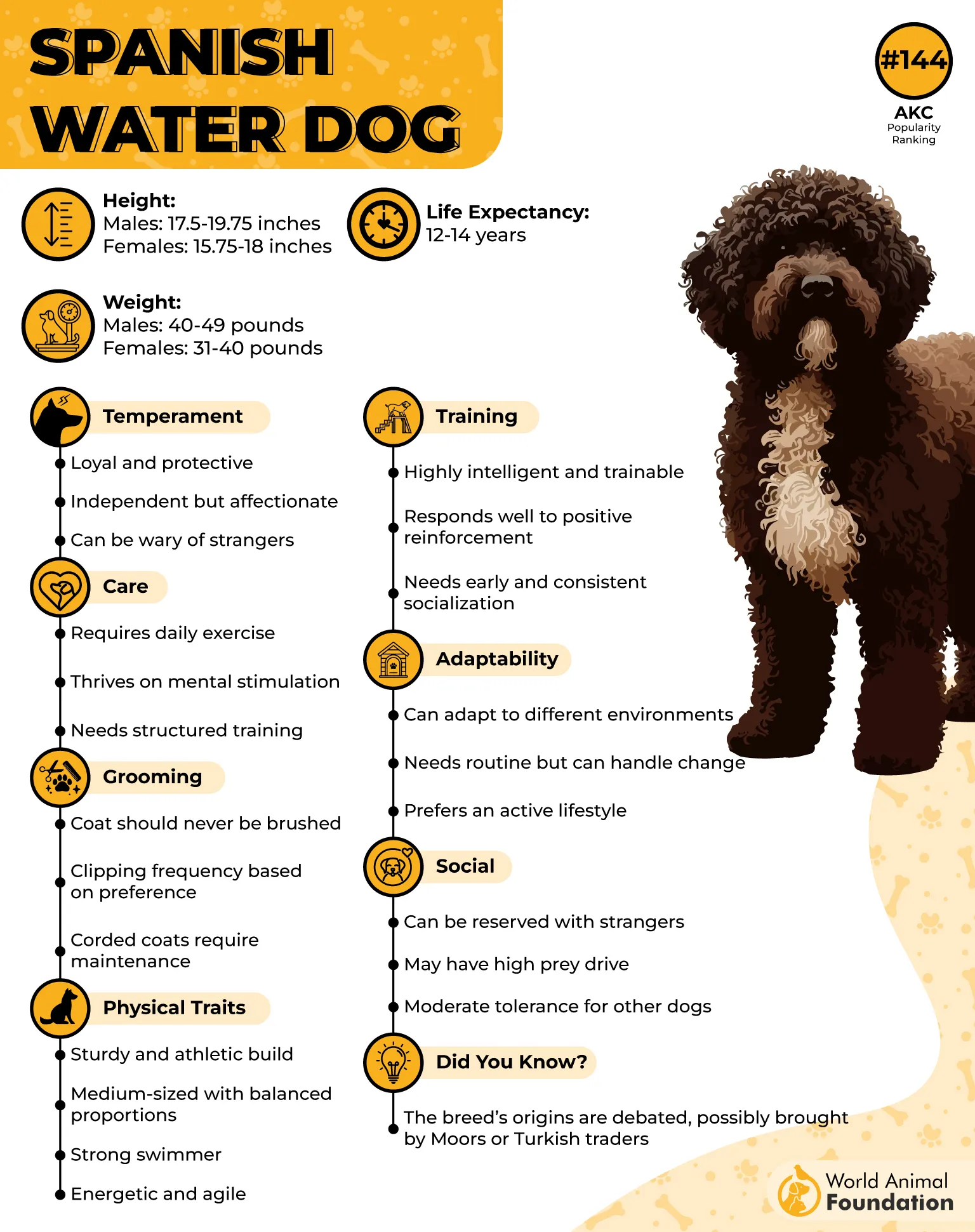
Known for their friendly and affectionate nature, Spanish Water Dogs make excellent companions. With proper socialization from a young age, they tend to get along well with other pets and children. However, they require proper training to ensure they remain well-behaved.
Spanish Water Dogs are not typically excessive barkers, but they may vocalize to alert you or express excitement. Like many breeds, they may resort to digging if they become bored or don’t get enough mental stimulation.
Fun fact: This breed’s curly coat can be mistaken for a mop, but it’s perfect for working in wet environments. Bonus: They’re also hypoallergenic, so those with allergies can enjoy the herding life, too!
Conclusion
While popular picks like the Border Collie and Australian Shepherd often steal the spotlight as smart dogs, many dogs—such as the Australian Cattle Dog, Canaan Dog, Pembroke and Cardigan Welsh Corgis, Entlebucher Mountain Dog, Polish Lowland Sheepdog, Pembroke Welsh Corgi, Icelandic Sheepdog, Bearded Collies, Miniature American Shepherd, Rough Collie, Belgian Sheepdog, the ancient breed Pyrenean Shepherd, and the biggest French sheepdog, the Beauceron—are also exceptional herding breeds.
With keen herding instincts, these multi-purpose farm dogs excel in herding trials, dog sports, agility sports, and obedience training, often moving animals forward with precision and confidence. Some, like the “laughing dog” (Australian Cattle Dog), bring not just skill, but a splash of personality to the field.
Whether protecting land, helping with chores, or herding small children in the yard, these loyal breeds are as much family members as they are working partners. Just remember: herding dogs require early training, mental stimulation, and regular exercise to thrive, because a high-energy dog with strong herding instincts is a mischief-maker waiting to happen!


